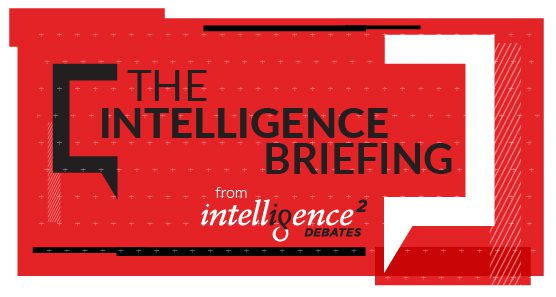Here’s what we have in store:
- That’s Debatable: Should Washington Break Up Big Tech?
- Intelligraphic: How big is Big Tech?
- Double Digits: $206 Billions
- Points of View: Insights and analysis from past debaters
Sign up here to find us in your inbox each week and if you like what you read, consider sharing our newsletter with a friend here. You can always reach us at info@opentodebate.org with ideas and feedback.
THAT’S DEBATABLE
Two perspectives on one of the nation’s biggest debates this week.
Shoud Washington Breakup Big Tech?

For: The Twitter Hacks Have to Stop
Against:Inventing Bogus Antitrust Arguments To Bring Down Big Tech Is Bad For National Security
“Companies like Alphabet and Facebook have become the leading purveyors of American ideas and influence to the world. If they are hobbled, Chinese competitors will eagerly take their place.” – Forbes

“Nowhere is the problem of concentrated power, and abuses of that power, as dangerous and essentially a threat to democracy as in Big Tech, where you have surveillance-based business models and control over the means of communication and commerce.”
Zephyr Teachout
Attorney & Author, “Break ‘Em up”

“I fundamentally disagree that democracy is incompatible with large, powerful companies. I just don’t think that case has been proven at all. And I don’t think these companies have anything like a stranglehold on our ability to communicate.”
Andrew McAfee
Best-Selling Author & MIT Principal Research Scientist
INTELLIGRAPHIC
How Big is Big Tech?
DOUBLE DIGITS
When one number tells two stories.
206 Billion
The amount of combined revenue the Big Four earned from April to July
The American Prospect: Big Tech Earnings Confirm Allegations of Excessive Market Power
Forbes: Why Big Tech Should Regulate Itself
POINTS OF VIEW
Top insights and news from the intellectual leaders
who have battled it out on the Open to Debate stage.
-As lawmakers debate the next coronavirus relief bill, Stephen Moore urges President Trump to bypass Congress and implement a payroll tax cut. (Read more via The Wall Street Journal, Stephen’s debate on America’s economic outlook.)
-Meanwhile, Paul Krugman argues that Republican-led plans won’t serve Americans and makes the case for continuing unemployment benefits. (Read more via The New York Times, Paul’s debate on universal health coverage.)
-Could the president postpone the election? Constitutional scholar Erwin Chemerinsky weighs in. (Read more via The Los Angeles Times, Erwin’s debate on equal protections)
– Suzanne Nossel acknowledges that content on Twitter and Facebook can be offensive but warns against giving the government more power to regulate free speech. (Read more via Slate, Suzanne’s debate on safe spaces.)
– Ezekiel Emanuel provides a roadmap of what the government can do to successfully rollout a Covid-19 vaccine. (Read more via The Washington Post, Ezekiel’s debate on health care.)
















